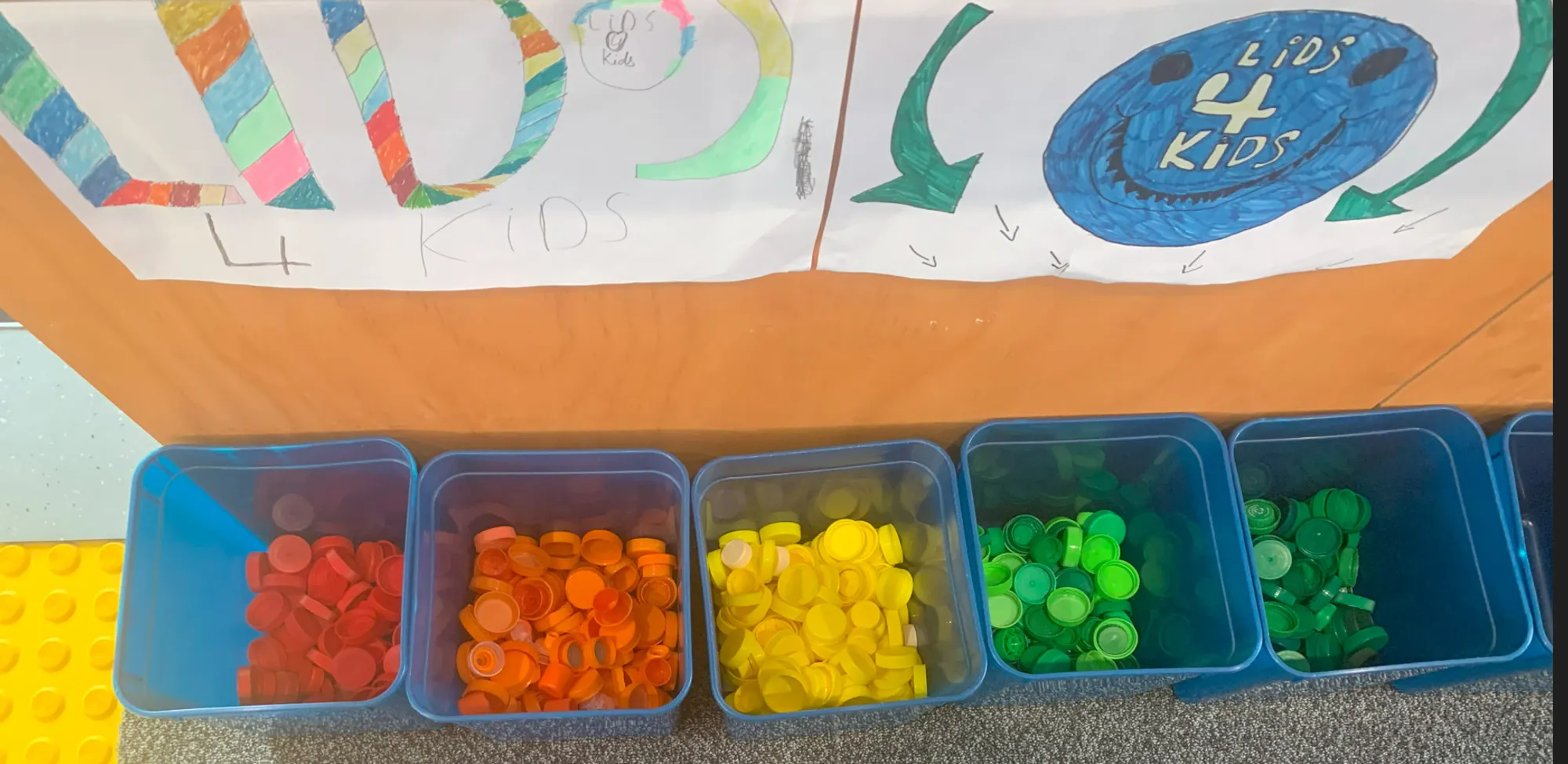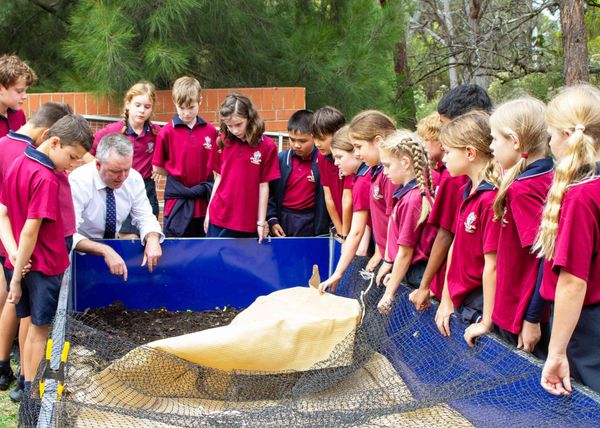Exploring the World of Waste
Exploring the World of Waste
By Ms Agnes Kopras-Ianson, Director of Finance and Sustainability Working Group Member
As part of our sustainability commitment, Radford College spent a lot of time and energy on waste management this year. Examples of actions taken include:
- Engaging Global Worming to build our very own worm farm. Special thanks go to Teacher Mr Dean O’Brien and the amazing Year 4 students who contribute to managing it.
- Introducing three colour-coded bins. Each bin represents a distinct category of waste - green for organic, yellow for recyclables, and red for non-recyclables. This simple yet effective approach has made it easier for everyone to segregate their waste correctly, reducing contamination and improving the overall efficiency of waste collection and recycling processes. Our deep-felt thanks go to Facilities Manager Mr Craig Webber and Chief Operating Officer Mr David Perceval for managing this change.
- Launching a partnership with the Upcycle clothing recycling scheme, which has brought a remarkable transformation to our P&F shop. Under the dedicated leadership of Sports and Second-Hand Uniform Shop Assistant Ms Trish Noel, this initiative has breathed new life into the shop.
- In Term 4, the Parents and Friends Association will run Radford Twilight Fete as a sustainable event.

In our journey to understand waste, we have uncovered some essential truths. Waste is not just a simple issue; it is complex, multifaceted, and ever-present. Here is a brief recap of what we have learned:
- Waste is challenging: Dealing with waste is no walk in the park. It involves intricate processes, from production to disposal, with numerous environmental and social implications.
- It's all about money: all the schemes we have implemented cost money – at least to start with. However, over a longer period, they start to generate savings.
- Perfection is elusive: While perfection may be unattainable, every action counts. Small changes in our daily lives can collectively make a significant impact.
- Community matters: We've discovered that as a community, we are doing more than we think. Sharing our actions and inspiring one another can create a ripple effect of positive change.

Our mission is to continue learning, sharing, and inspiring. Together, we can turn these insights into actions that benefit our community and the planet.
